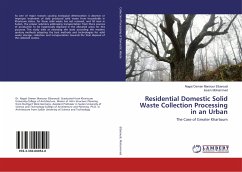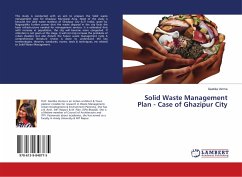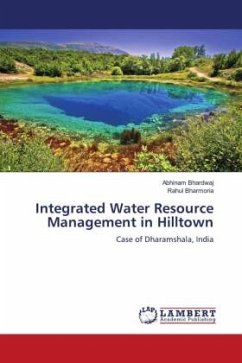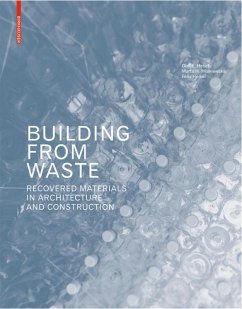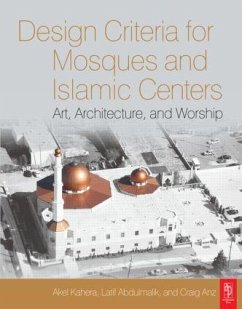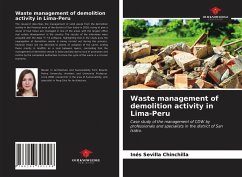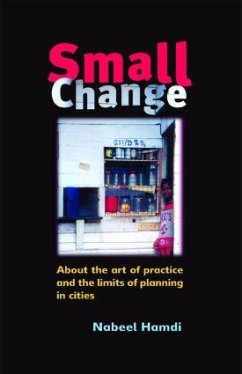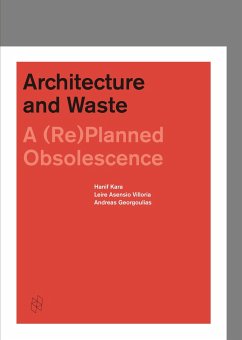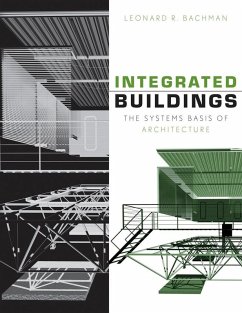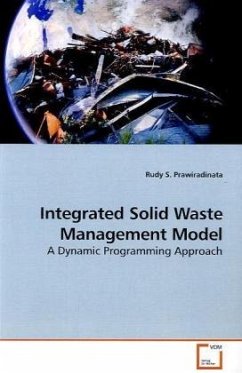
Integrated Solid Waste Management Model
A Dynamic Programming Approach
Versandkostenfrei!
Versandfertig in 6-10 Tagen
45,99 €
inkl. MwSt.

PAYBACK Punkte
23 °P sammeln!
This Integrated Solid Waste Management (ISWM) model extends existing models, allowing economies of scale in waste collection, facility development and operation; multiple landfill operation, landfill closure and replacement, and waste export; and recycling promotion, modifying consumer s propensity to recycle, and permitting these policies to be applied in a spatially differentiated way. Initially, The model is derived based on an analytical model using optimal control theory for waste management policies. The system operates in a single waste collection area, with one recycling and landfill f...
This Integrated Solid Waste Management (ISWM) model extends existing models, allowing economies of scale in waste collection, facility development and operation; multiple landfill operation, landfill closure and replacement, and waste export; and recycling promotion, modifying consumer s propensity to recycle, and permitting these policies to be applied in a spatially differentiated way. Initially, The model is derived based on an analytical model using optimal control theory for waste management policies. The system operates in a single waste collection area, with one recycling and landfill facility. Then, the ISWM is formulated as a mixed integer-programming model. It is solved under a variety of scenarios. Each model extension is tested and sensitivity analysis is used to determine the impact of changes in disposal capacity, interest rate, and waste generation growth on recycling policy. The model is used to investigate two issues. To derive 1) an aggregate cost of waste management, as a function of key variables, such as the size of the system, population density, number of facility options, and recycling tastes; and 2) policy advice for the Central Ohio Waste Authority.



